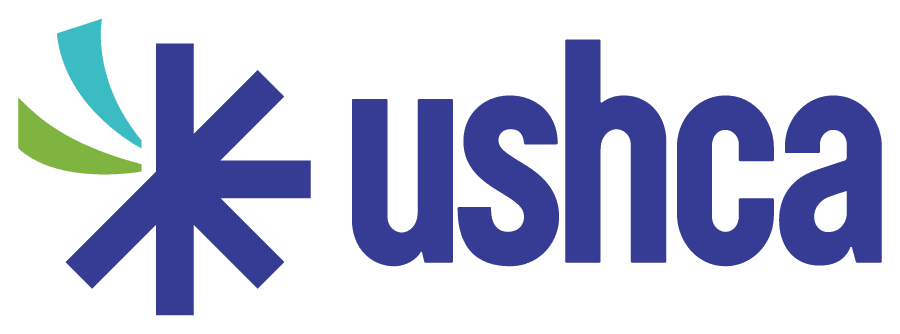Written by Craig Chin & Avni Gupta-Kagan, USHCA Human Capital Partners
Human Resource leaders are often asked to do incredibly difficult jobs with little training, support or community. HR leaders often come to their positions from school-based roles (e.g. former principals) or from the private sector. Leading HR in a school system is different from either of these backgrounds, and they need a grounding in strong practices for this landscape. Given the critical role of HR in ensuring great teaching and leadership in our schools, this lack of training and support can have serious consequences.
The Louisiana Department of Education has been working with us to address this through a Recruitment & Retention Fellowship. Completing its fourth year, this fellowship has worked with 71 leaders across 55 school systems (12 charter, 43 traditional). We have plans to continue this fellowship for several more years.
Fellows met four times for full-day sessions throughout the year as well as several virtual sessions to learn about and make plans to implement content around recruitment strategies, use of data, candidate experience, onboarding, principal as human capital manager, and more. What we love about running this fellowship is how excited these leaders are to be in community and talk about these critical ideas, to learn from each other, and to try new things in the district. “This is the only thing we go to that says it is for learning where we actually learn things,” one fellow said this year. “Due to this fellowship, I feel re-invigorated about my work. Thank you to this community,” said another.
During our last meeting of the year, we ask each fellow to share what they have implemented in their district. Below are some of the success stories we heard:
- Streamlining the Application Process: One school system has over 1400 applications for teaching positions that get started and never finished. Through the work of the fellowship, the HR leader started to investigate why, interviewing hires, and started implementing changes. Applicants now get follow up from a live person, assistance with uploading, and have a shorter, less repetitive application to complete. The website is more user friendly, and she has extended the HR team’s office hours to go beyond the school day to be more convenient to when applicants need help – not just HR’s hours. She is working to change the mindset of her office from one of responding to applicants to one of customer service for applicants.
- Reducing Pain Points to Hiring & Onboarding to Reduce Vacancies: Another leader used the USHCA Process Redesign tools to look at the full process of hiring and onboarding. Through this, she and her team identified pain points and significantly reduced the number of steps involved in the process and automated where she could. Through this work, she opened with only 20 vacancies, down from 75.
- Growing New Pipelines: A leader has built their grow your own pipeline to have 70 paraprofessionals and support staff in certification programs which represents over 20% of their annual teacher hiring need.
- Attracting New Candidates & Partners: One leader used ideas from the fellowship to build a new website for teacher candidates, and has brought together stakeholders from across her community (business leaders, real estate, etc.) to ask them to help brainstorm strategies for the teacher shortage. This conversation is in early stages, but has huge promise.
- Increasing Teacher Salaries by Saving Money Elsewhere: One leader managed to find money to increase teacher salaries through a data-driven analysis of spending on workers compensation fall claims. Through some simple solutions, he managed to save over $400,000 which went directly to teacher salaries.
- Training Principals as Interviewers: One leader used USHCA’s principal as a human capital leader push to start providing more training for principals. She realized that her principals were not able to consistently identify the best candidates from their interview practices. She joined them for interviews to see what the problems were and then conducted meaningful trainings to change the way they saw their role in the interview process and in addressing HR issues in their schools.
- Proactively preparing for Uncertified Teachers: One leader said they had never had to hire uncertified teachers before, but now they do. This year, he had to hire 80 uncertified teachers (half their new teacher hires) but he wanted to be prepared for them. He built an entire process for selecting these teachers, providing more meaningful training, and then helping to build systems for feedback in order to help make these teachers successful and retain them.
We are reminded of the power of community and learning to spark new ideas and to inspire people to do good work. This group of fellows will be recognized by BESE in October. The fifth cohort of fellows is already selected for 2024-2025.
If you have a group of K12 HR and Talent leaders that’s looking for community to solve common challenges and feel less alone, contact us here!

